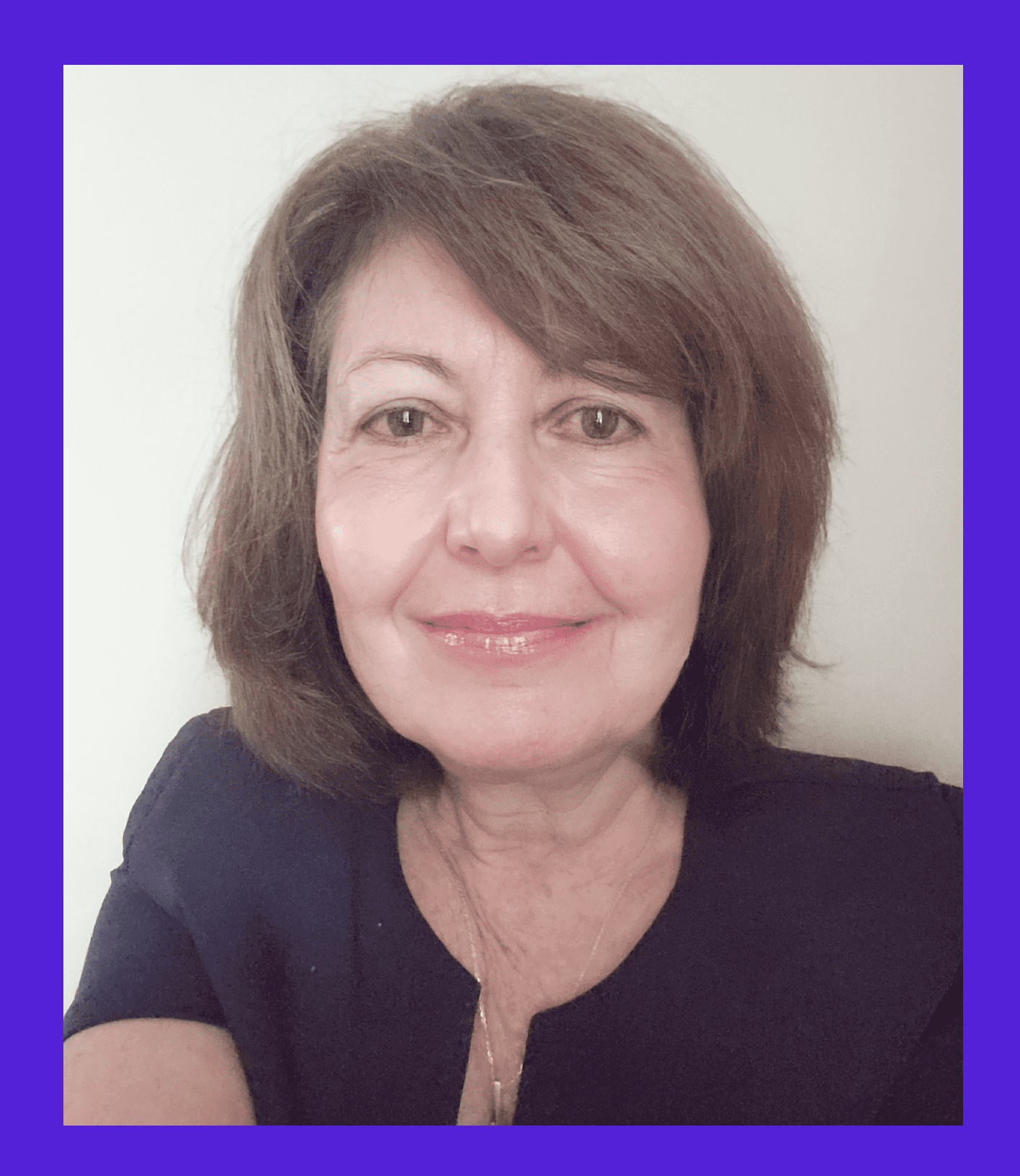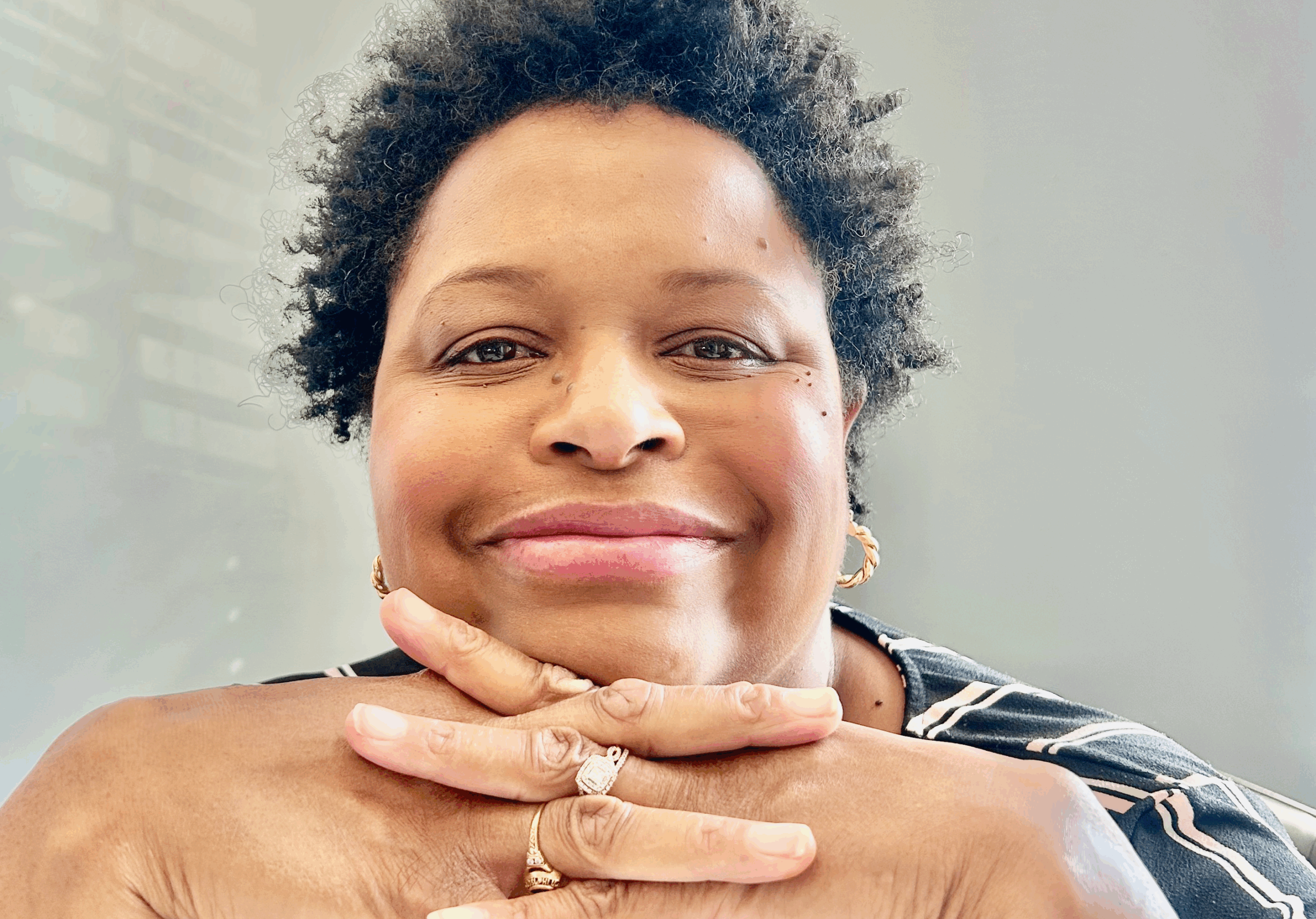
Published on Dec 17, 2024
Last modified on Apr 08, 2025
Meet Dr. Gail DeLasho, MD, FACOG, MSCP: A Long-Time, Passionate Advocate for Menopause Care
4 min read
Elektra is thrilled to welcome Gail DeLasho, MD, FACOG, MSCP to our clinical team!
Dr. DeLasho is a board-certified gynecologist with decades of experience in women’s health. A veteran member of The Menopause Society, the International Society for the Study of Women’s Sexual Health (ISSWSH), the International Society for Sexual Medicine (ISSM), and the International Society for the Study of Vulvovaginal Disease (ISSVD), Dr. DeLasho has dedicated her career to empowering women through education, advocacy, and tailored care for perimenopause and menopause.
We sat down with Dr. DeLasho to discuss her professional journey, her thoughts on the evolution of menopause care, and why she’s passionate about providing a space where women feel truly heard and supported.
What inspired you to become a doctor? Did you always know you wanted to pursue healthcare?
My dad was a doctor and my mother was a nurse. Granted, there were six of us, and I’m the only one who’s a doctor. So why me and not anybody else? I always loved chemistry, math, and physics, and was a chemistry major in college. But at the time, I didn’t really see a career as a chemist (now, there’s so many more opportunities!). So I said…okay, I’ll go to medical school. Off I went, and I never looked back. It was hard, but it was also great. And when I started thinking about what area to specialize in, OB/GYN kept coming up. I liked that there was a combination of being in the office but also in the operating room delivering babies. Every day was different, and I liked that.
I did my residency at Boston University Medical Center, then came back to New York to begin practicing. Eventually, I transitioned to focus solely on gynecology, which led me to a deeper interest in menopause and perimenopause.
You’ve been a member of The Menopause Society since 1994, which was well before it was “trendy.” What drew you to the menopause and the broader midlife space?
It was a natural progression. Early in my career, I realized that I was seeing more and more menopausal patients. But at the time, there was far less education available for both patients and providers — The Menopause Society (known as The North American Menopause Society, or NAMS at the time) was a really great resource…and continues to be.
How has the conversation around menopause evolved throughout your career?
Back in the 90s, women were starting to talk about and take hormone therapy. Then the Women’s Health Initiative (WHI) results came out in 2002 and, due to misinterpretation, knocked a lot of women away from hormones, which was unfortunate. Then came the surge of popularity around “bioidentical hormones” which were marketed as products which weren’t going to give you cancer — that’s what women were told. Fast forward to today, and we’re seeing that the menopause conversation is shaped in part by social media influencers on TikTok and Instagram, pushing people to think (to some extent incorrectly) that all women should be on hormone therapy. Women are worried that they’re going to have horrible medical outcomes if they’re not on hormone therapy, which isn’t necessarily true. It’s incredibly effective for some women, but not everyone needs it to live well.
Besides the shifts in messaging around hormones, what has changed over the past few decades is also the sheer number of women who are in the menopausal age group. There’s more studies being done over the past 20 years that are adding to the knowledge base, but the problem is that most OB/GYNs are really busy! They’ve got the pregnant women to worry about, and their surgeries. So to be able to focus on a woman coming in with her concerns about menopause has always been tough – especially if a doctor only has 15 minutes with a patient.
Women are worried that they’re going to have horrible medical outcomes if they’re not on hormone therapy, which isn’t necessarily true. It’s incredibly effective for some women, but not everyone needs it to live well.
Sexual health is often considered a “taboo within a taboo” when it comes to menopause. How do you approach these conversations with your patients?
I’ve actually found that my patients are more than willing to talk about sexual health—as long as I ask. Many providers don’t bring it up because of time constraints or discomfort, but it’s essential. I make it a point to ask questions like, “Are you sexually active? Is sex comfortable for you?” Once I open that door, my patients feel comfortable sharing their concerns, whether it’s low libido, pain during intercourse, or other issues.
But that hasn’t always been the case. Decades ago, the conversations I was having with patients were mostly focused around hot flashes, night sweats, anxiety around not sleeping… those sorts of things. I would have been hard-pressed to have a patient say “my libido is gone.” But that’s changed as the cultural conversation has changed. More and more women are opening up about it.
I’ve actually found that my patients are more than willing to talk about sexual health—as long as I ask.
You’ve worked in both in-person and virtual settings. What opportunities do you see with the latter?
In my past practice, I was seeing new patients who’d say…my friend sent me to you because she says you know everything about menopause. And the problem was that I only had a certain amount of time to get their annual visit done, so that didn’t leave enough time to discuss menopause. That’s when I started incorporating telehealth, which allowed me to dedicate more time to in-depth conversations that weren’t always possible during in-office visits. When I decided to slow down my traditional practice, telehealth at a place like Elektra felt like the perfect fit. It’s flexible, accessible, and enables me to focus entirely on menopause care.
What do you see as the biggest challenge—and opportunity—in menopause care today?
The biggest challenge is the overwhelming amount of information available to women, much of it conflicting or inaccurate. It’s easy to feel lost. On the flip side, the opportunity lies in offering clear, evidence-based guidance and support. That’s why I’m so excited to be part of Elektra Health—it allows me to focus on helping women navigate this stage of life with confidence and clarity.


